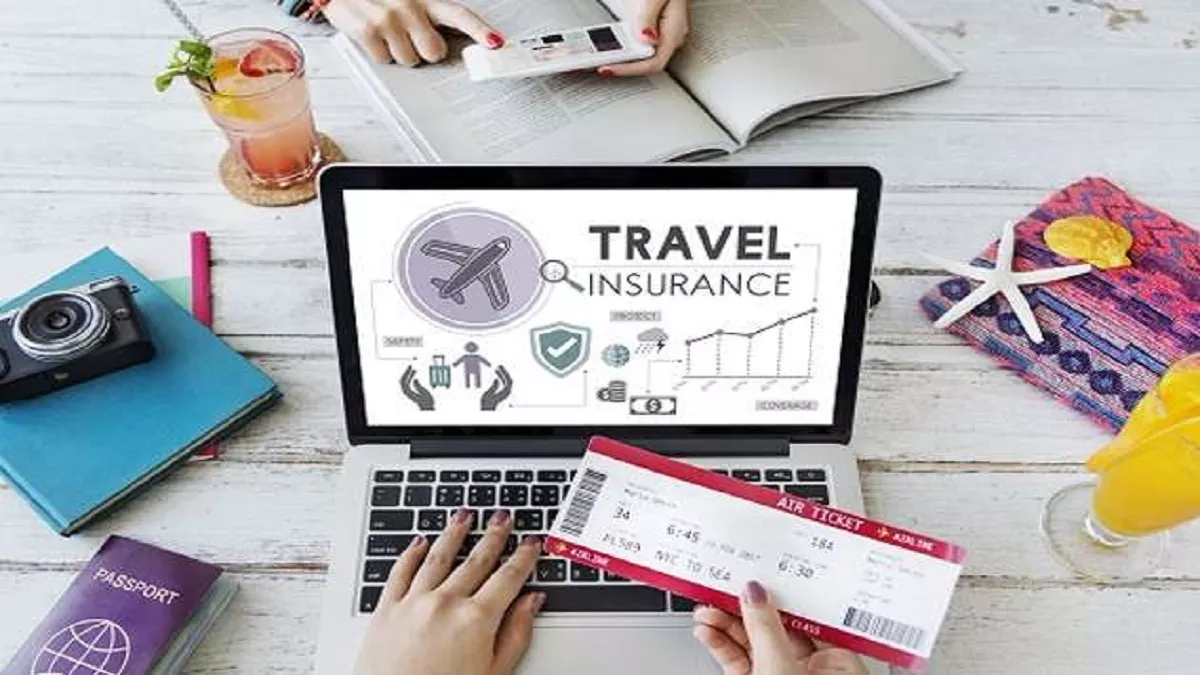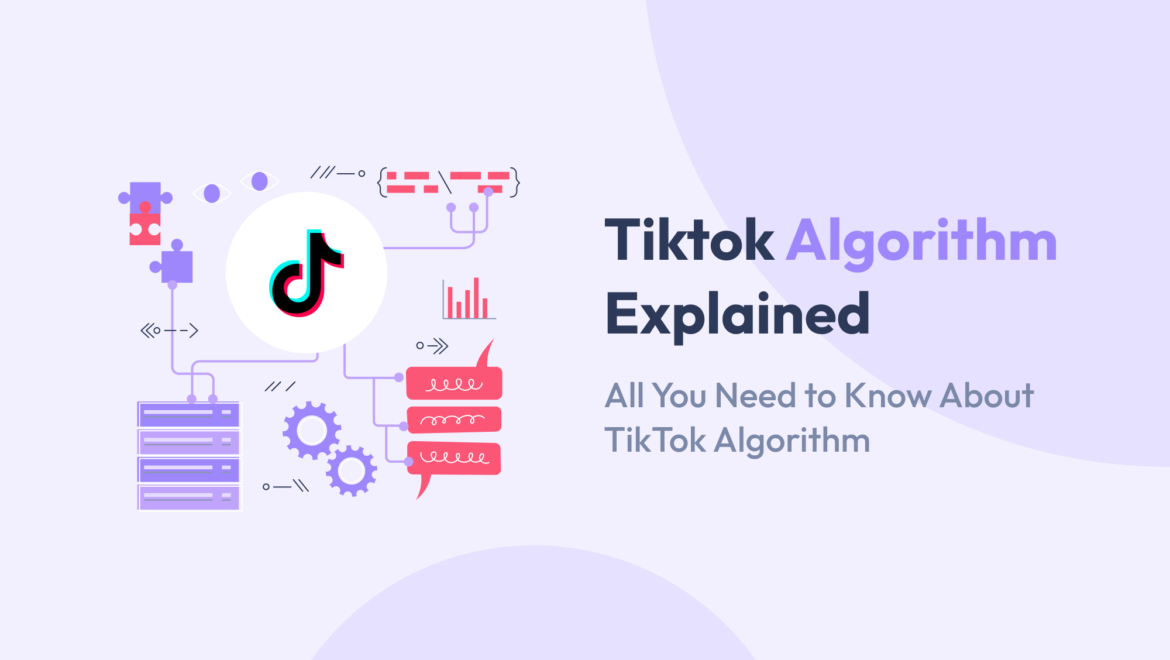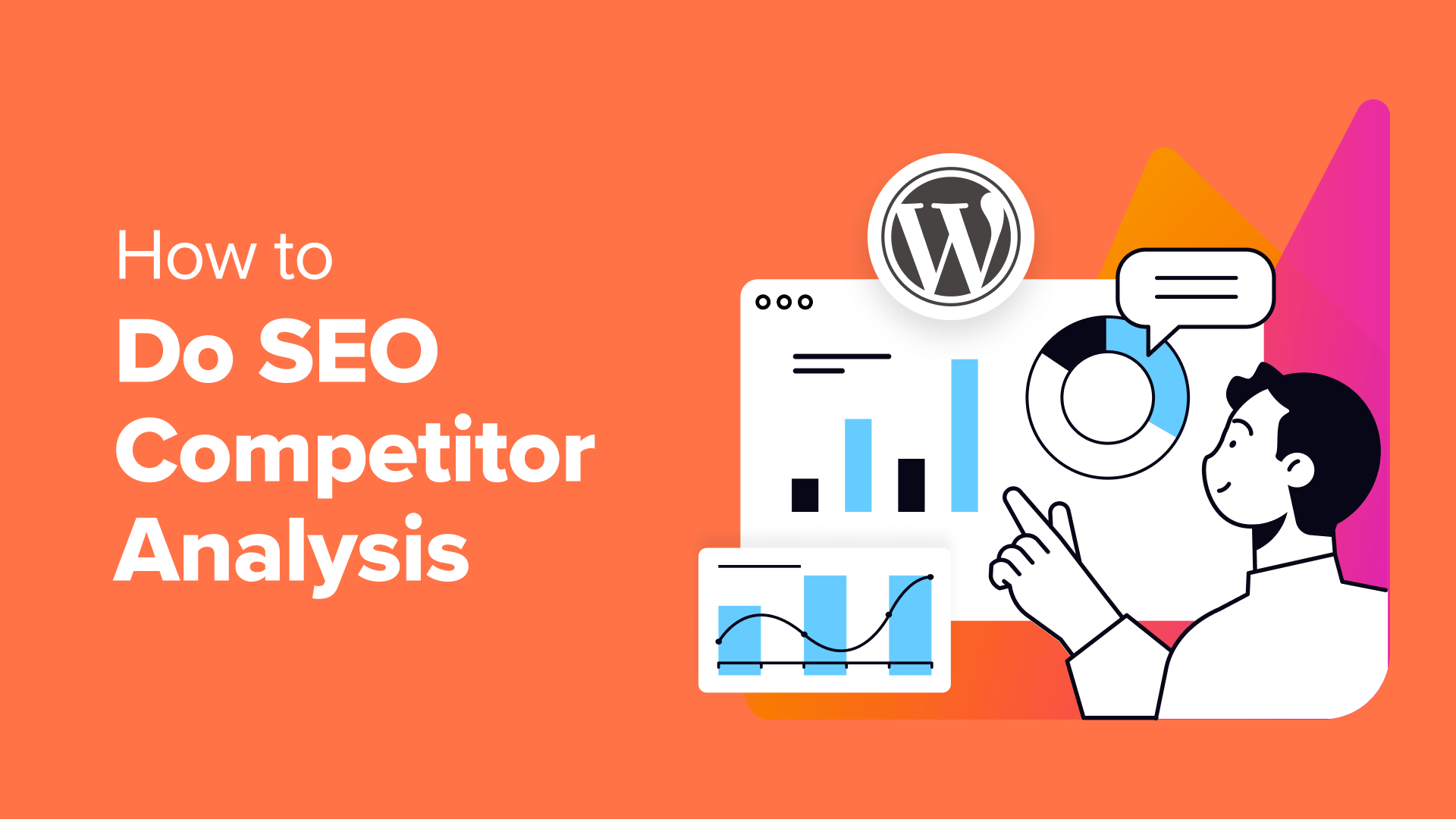High-ticket sales, involving products or services with significant price tags, demand a strategic approach and impeccable execution. However, even seasoned sales professionals can make critical mistakes that hinder their success. Understanding these common errors and learning how to avoid them can significantly improve your closing rate and overall sales performance.
Neglecting to Understand the Client’s Needs
Mistake: Failing to thoroughly understand a client’s needs and pain points can lead to misalignment between your pitch and their requirements. High-ticket sales often involve complex and highly personalized solutions, making it crucial to tailor your approach to each client.
Solution:
- Conduct In-Depth Research: Before engaging with a prospect, research their company, industry, and specific challenges.
- Ask Insightful Questions: During your conversations, ask open-ended questions to uncover their true needs and objectives.
- Personalize Your Pitch: Use the information gathered to tailor your proposal and demonstrate how your solution uniquely addresses their needs.
Example: Instead of presenting a one-size-fits-all solution, customize your pitch to highlight how your product or service solves the specific problems the client is facing.
Overloading the Prospect with Information
Mistake: Providing too much information at once can overwhelm prospects and dilute your key messages. High-ticket sales often involve complex solutions, but it’s essential to communicate benefits clearly and concisely.
Solution:
- Focus on Key Benefits: Highlight the most important benefits and features that are directly relevant to the client’s needs.
- Use Clear, Simple Language: Avoid jargon and technical terms that might confuse or alienate the prospect.
- Break Information into Digestible Pieces: Present information in stages, allowing the prospect to absorb and process it effectively.
Example: Create a concise executive summary of your proposal that outlines the main benefits, and then provide detailed information in follow-up materials if needed.
Failing to Build Rapport and Trust
Mistake: High-ticket sales often require a higher level of trust and rapport than lower-priced sales. Failing to establish a strong relationship can lead to skepticism and resistance from the prospect.
Solution:
- Build Genuine Relationships: Take the time to connect with prospects on a personal level, showing genuine interest in their goals and challenges.
- Showcase Your Expertise: Demonstrate your knowledge and experience to build credibility and reassure the prospect of your competence.
- Be Transparent and Honest: Clearly communicate the benefits and limitations of your offer to foster trust and avoid potential misunderstandings.
Example: Share relevant case studies or testimonials from past clients to build credibility and showcase your track record of success.
Ignoring Follow-Up and Persistence
Mistake: High-ticket sales often involve longer decision-making processes, and a lack of follow-up can lead to missed opportunities. Failing to persistently follow up can result in lost deals and wasted effort.
Solution:
- Develop a Follow-Up Plan: Create a structured follow-up strategy with clear timelines and actions.
- Stay Engaged: Regularly check in with prospects to address any questions or concerns and keep the conversation moving forward.
- Be Patient and Persistent: Understand that high-ticket sales cycles can be lengthy and require consistent effort and engagement.
Example: Set reminders for follow-up calls or emails and use CRM tools to track interactions and maintain a structured approach.
Overlooking the Power of Social Proof
Mistake: Neglecting to leverage social proof, such as testimonials, case studies, and endorsements, can diminish the perceived value of your offer. Prospects often look for validation from others before making a significant investment.
Solution:
- Incorporate Testimonials and Reviews: Use positive feedback from past clients to build credibility and demonstrate the value of your offering.
- Showcase Case Studies: Provide detailed case studies that highlight successful outcomes and the impact of your solution.
- Highlight Endorsements: Mention any relevant endorsements or partnerships that enhance your credibility and reputation.
Example: Include a dedicated section in your proposal or presentation that features testimonials and case studies relevant to the prospect’s industry or needs.
Failing to Address Objections Effectively
Mistake: Ignoring or inadequately addressing objections can lead to stalled negotiations or lost sales. High-ticket prospects often have concerns or reservations that need to be addressed to move forward.
Solution:
- Anticipate Common Objections: Prepare responses to common objections related to price, value, or implementation.
- Listen Actively: Pay attention to the prospect’s concerns and address them with empathy and understanding.
- Provide Solutions: Offer clear solutions or compromises to overcome objections and demonstrate flexibility.
Example: If a prospect is concerned about the cost, provide a detailed breakdown of the return on investment (ROI) and potential long-term benefits.
Neglecting the Importance of a Strong Closing Strategy
Mistake: Failing to have a well-defined closing strategy can lead to missed opportunities and prolonged sales cycles. A strong closing approach is essential for sealing the deal and securing the sale.
Solution:
- Define Clear Closing Techniques: Use proven closing techniques, such as trial closes or assumptive closes, to guide the prospect toward making a decision.
- Create a Sense of Urgency: Implement strategies to create a sense of urgency, such as limited-time offers or exclusive benefits.
- Ensure Clear Next Steps: Clearly outline the next steps and actions required to finalize the sale, making it easy for the prospect to proceed.
Example: Offer a special incentive or discount for a prompt decision to encourage the prospect to close the deal.
Not Leveraging Data and Analytics
Mistake: Ignoring data and analytics can prevent you from understanding what works and what doesn’t in your sales process. Data-driven insights are crucial for optimizing your approach and improving results.
Solution:
- Track Key Metrics: Monitor metrics such as conversion rates, response times, and engagement levels to assess your performance.
- Analyze Sales Data: Use analytics tools to identify patterns, trends, and areas for improvement in your sales process.
- Adjust Strategies Accordingly: Use data insights to refine your approach and make informed decisions.
Example: Analyze past sales data to identify successful tactics and areas where improvements are needed, and adjust your strategy accordingly.
Offer: Enhance Your High-Ticket Sales Strategy with Expert Support
Our Services:
- Sales Training: Our training programs focus on equipping your team with the skills and techniques needed to avoid common high-ticket sales mistakes.
- Consulting: We offer consulting services to analyze your sales process, identify weaknesses, and develop strategies for improvement.
- Performance Optimization: We help optimize your sales strategy using data-driven insights and best practices to maximize results.
Why Choose Us?
- Expertise: Our team has extensive experience in high-ticket sales and can provide valuable insights and strategies.
- Tailored Solutions: We offer customized solutions to address your specific challenges and goals.
- Comprehensive Support: From training to consulting, we provide end-to-end support to ensure your sales success.
Contact Us Today!
Ready to enhance your high-ticket sales strategy and avoid common mistakes? Contact us to schedule a consultation and learn how our services can help you close more deals and achieve your sales goals.
Get in Touch:
- Website: [Your Website URL]
- Email: [Your Email Address]
- Phone: [Your Phone Number]
Final Thought
Avoiding common mistakes in high-ticket sales is essential for achieving success and maximizing revenue. By understanding and addressing these errors, you can enhance your sales approach, build stronger client relationships, and improve your closing rate. Utilize the strategies outlined in this guide, and consider leveraging expert support to further refine your high-ticket sales strategy and achieve your sales objectives.
FAQ:
1. What are high-ticket sales?
High-ticket sales refer to the process of selling products or services that have a significantly high price point. These sales often involve more complex, customized solutions and require a more strategic approach compared to lower-priced items.
2. What are the most common mistakes made by high-ticket closers?
Common mistakes include:
- Neglecting to Understand the Client’s Needs: Failing to fully grasp the client’s specific requirements and pain points.
- Overloading the Prospect with Information: Providing too much information at once, which can overwhelm the prospect.
- Failing to Build Rapport and Trust: Not investing enough effort into developing a strong relationship with the client.
- Ignoring Follow-Up and Persistence: Not consistently following up, leading to lost opportunities.
- Overlooking the Power of Social Proof: Neglecting to use testimonials, case studies, and endorsements to build credibility.
- Failing to Address Objections Effectively: Ignoring or inadequately addressing the client’s concerns.
- Neglecting the Importance of a Strong Closing Strategy: Lacking a defined and effective closing approach.
- Not Leveraging Data and Analytics: Ignoring data insights that can inform and improve your sales strategy.
3. How can I better understand a client’s needs in high-ticket sales?
To understand a client’s needs:
- Conduct Thorough Research: Investigate their industry, company, and specific challenges.
- Ask Detailed Questions: Use open-ended questions to uncover their goals and pain points.
- Listen Actively: Pay close attention to their responses and feedback.
4. What are some effective ways to avoid overwhelming a prospect with information?
- Highlight Key Benefits: Focus on the most relevant features and benefits.
- Simplify Communication: Use clear and straightforward language.
- Present Information Gradually: Break down details into manageable pieces and provide additional information as needed.
5. How can I build rapport and trust with high-ticket prospects?
- Engage Personally: Show genuine interest in their business and challenges.
- Demonstrate Expertise: Share relevant knowledge and experience to establish credibility.
- Be Transparent: Clearly communicate the value and limitations of your offer.
6. What are best practices for following up with high-ticket prospects?
- Create a Follow-Up Schedule: Develop a plan with specific follow-up actions and timelines.
- Maintain Consistent Engagement: Regularly check in to address questions and keep the process moving.
- Be Patient: Understand that high-ticket sales can take time and require persistent effort.
7. How can I effectively use social proof in my sales process?
- Include Testimonials: Feature positive feedback from past clients.
- Showcase Case Studies: Provide detailed examples of successful outcomes.
- Highlight Endorsements: Mention any relevant endorsements or partnerships.
8. How should I address objections during a high-ticket sales pitch?
- Anticipate Common Objections: Prepare responses to frequent concerns.
- Listen and Empathize: Understand and acknowledge the prospect’s objections.
- Offer Solutions: Provide clear answers and alternatives to address their concerns.
9. What are some effective closing strategies for high-ticket sales?
- Use Proven Techniques: Implement techniques such as trial closes or assumptive closes.
- Create Urgency: Introduce limited-time offers or incentives to encourage a decision.
- Clarify Next Steps: Clearly outline the actions needed to finalize the sale.
10. How can data and analytics improve my high-ticket sales process?
- Track Key Metrics: Monitor conversion rates, response times, and engagement levels.
- Analyze Sales Data: Identify patterns and areas for improvement.
- Adjust Strategies: Use insights to refine your approach and make data-driven decisions.
11. Can I avoid these mistakes on my own, or should I seek external help?
While many mistakes can be avoided with self-awareness and practice, seeking external help can provide additional expertise and support. Consider consulting with sales experts or participating in training programs to further enhance your skills and strategies.
12. How can your services help improve my high-ticket sales approach?
Our services offer:
- Sales Training: Equip your team with skills and techniques to avoid common mistakes.
- Consulting: Analyze your sales process and develop strategies for improvement.
- Performance Optimization: Use data-driven insights to refine your sales approach and maximize results.
13. How can I contact you for assistance with improving my high-ticket sales strategy?
To get in touch with us:
- Website: [Your Website URL]
- Email: [Your Email Address]
- Phone: [Your Phone Number]
14. What should I expect during a consultation?
During a consultation, we will:
- Assess Your Current Sales Process: Review your existing approach and identify areas for improvement.
- Discuss Challenges and Goals: Understand your specific challenges and sales objectives.
- Develop a Customized Plan: Provide recommendations and strategies tailored to your needs.
15. How long does it take to see results after implementing changes?
The timeframe for seeing results can vary based on the complexity of the changes and the effectiveness of the implementation. Typically, improvements can be observed within a few weeks to a few months, depending on the scope of the adjustments.
16. What are some additional resources for learning more about high-ticket sales strategies?
- Books: Look for books on high-ticket sales and advanced sales techniques.
- Online Courses: Explore courses on sales strategies and techniques.
- Industry Webinars: Attend webinars and workshops hosted by sales experts and industry leaders.










.jpg)












